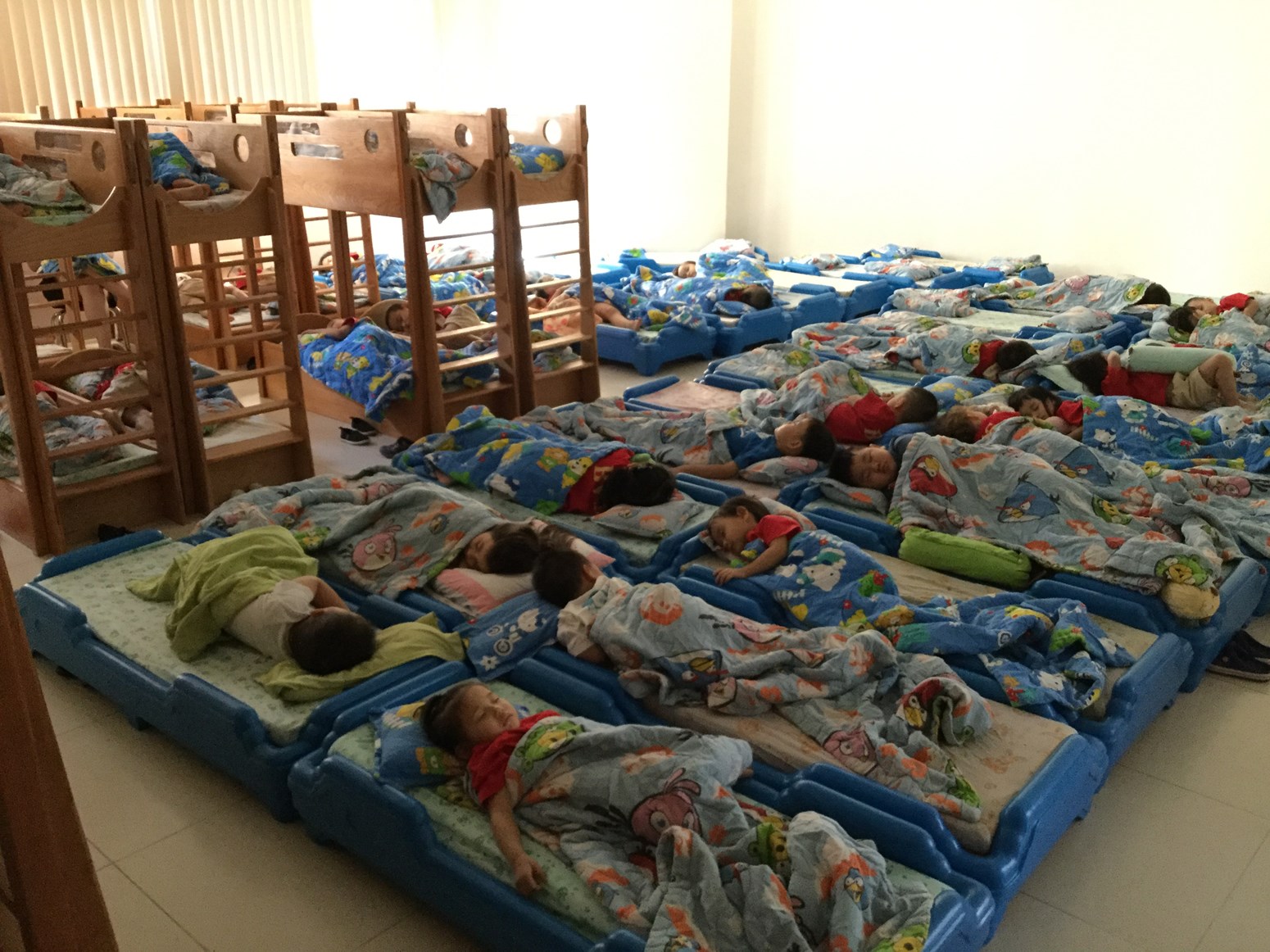The Importance of sleep for young children
At BVIS, we recognise that our youngest children have a busy morning of learning, playing, creating and exploring.
For all humans, sleep is an integral part of our daily lives. Sleep allows our bodies to repair and heal, playing a huge part in maintaining our mental and physical health. Research shows that the less sleep that we have, the more health problems we are likely to develop during our lives.

For babies and children, sleep makes up a huge amount of their day. From birth to around 3 months, babies need on average 16 hours sleep per day. As a child nears 1 year, this reduces to around 13 hours. Between the ages of 2 and 4, research suggests that children need around 11 hours sleep per night with a nap or rest time of 1 to 2 hours per day.
When coming to school, it is extremely important that children to have a sufficient amount of sleep in order for them to learn. Lack of sleep makes it much harder for a child to concentrate, they become irritable, emotional and more anxious about day-to-day activities.

At BVIS, we recognise that our youngest children have a busy morning of learning, playing, creating and exploring. We encourage our children to take a rest after our lunch time, in our specially designed sleeping room. Each child has their own bed with a pillow and blanket, and they can bring their own comforter or teddy bear from home to help them settle during this time.
Whilst we encourage rest at school, it is important to establish consistent and early bedtime routines for your child. To do this, we offer the following advice:
- Set a bedtime routine A bedtime routine should last around 30-40 minutes and could include a bath or shower and a chance to read a story together in any language you prefer to use with your child. This should take place at around the same time each evening.
- Maintain consistency Try not to change your routine, especially during the week. If you want your child to have a slightly later bedtime at the weekend, then maybe change it by an hour.
- Quality time Bedtime is a chance for you to spend some quality time together with your child and is a time that you can both enjoy. This will help your child feel more relaxed and help them to fall asleep more easily.
- Turn off the TV and limit screen time TVs, tablets, iPads and mobile devices should be switched off at least 2 hours before bedtime. Research shows that just 30 minutes of screen time before a child goes to sleep can keep them awake for an extra 2 hours.
- Comforters. Provide your child with a comforter or cuddly toy to help them drop off to sleep once they are settled in their bed.
Ms. Catherine Roach
EYFS Coordinator and F3 Teacher






